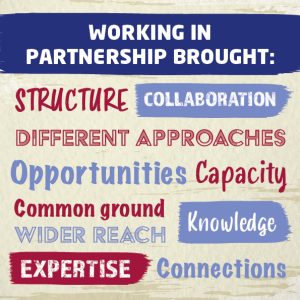Working in Partnership
“Working with lots of different organisations has been a learning curve in how we join together in a way that’s right for the community and the project.” Braunstone Town Council, Community Services Manager
Working in partnership is at the heart of all Cultural Communities Network (CCN) activity. We have enjoyed amazing achievements and outcomes which would not have been possible without people working together. We built new relationships with colleagues and teams from across the County such as Local Area Co-ordinators, GP Social Prescribers, Social Workers, voluntary organisations, community interest organisations, local schools and other cultural providers and sector professionals.
Partnership working should start long before any project gets off the ground and continue as it progresses. Here are some tips from our experiences throughout the programme that might support your own plans and ambitions.
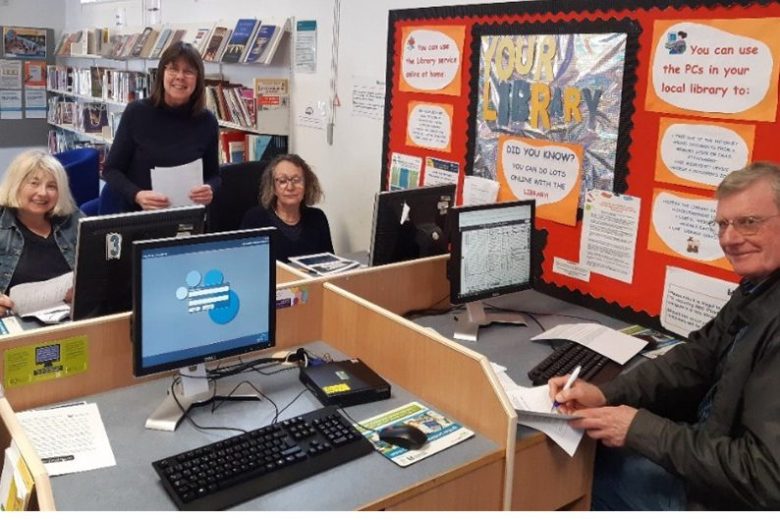
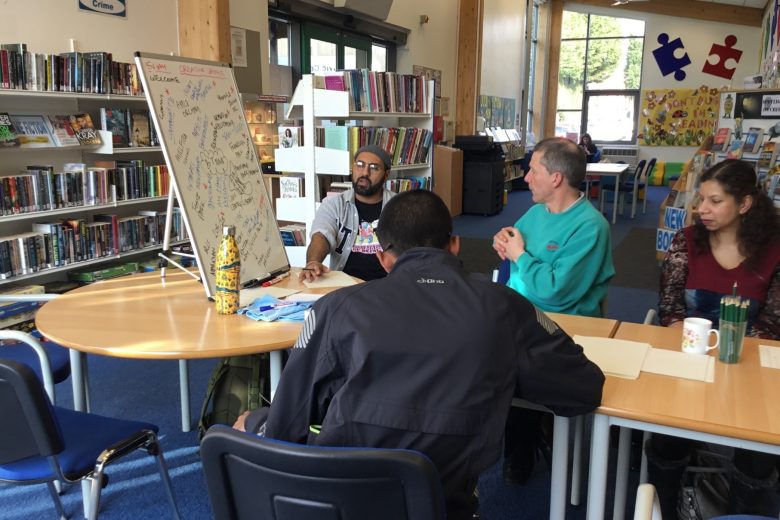
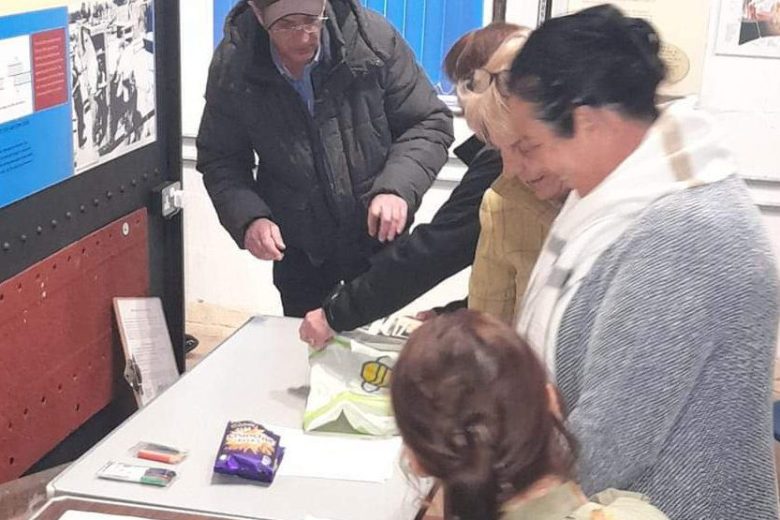
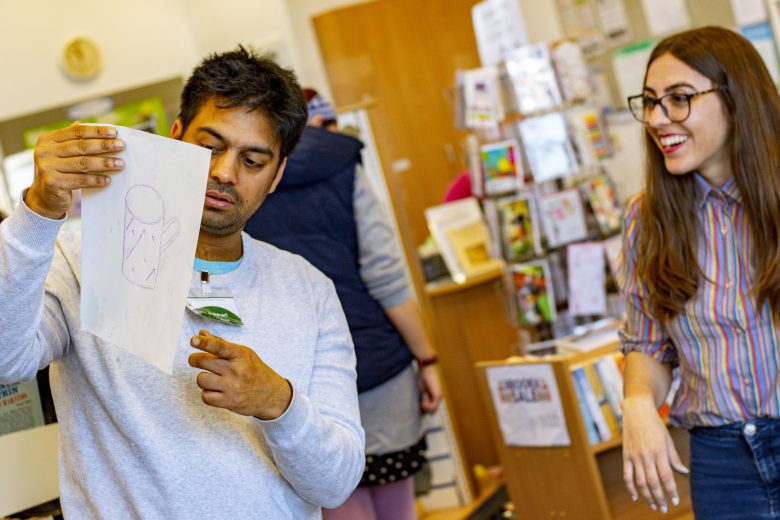
- Why we found working in partnership important
- Extra capacity to do more

- Insight and knowledge from a variety of sources
- Specialised skills and expertise we didn’t have
- New connections and links offered us access to new audiences
- Sharing of best practice, skills & resources
- More potential for sustainability after our projects
- Extra capacity to do more
- Why we chose our partners
- Complementary aims e.g. improving wellbeing, reducing isolation and community cohesion
- Experts in their areas with specialist skills e.g. working with young people
- Experience of connecting with underserved groups such as people with dementia
- More in depth understanding of the variety of needs of local people
- Support in recruiting volunteers from within the local community
- Sharing of costs
- Partnership challenges we want to share
- Finding the right partner
- Commitment and dedication varied from partner to partner
- The nature of activities changed as projects progressed, so we needed to make sure we were all on the same page
- Expectations could be interpreted differently on occasion
- The ownership of intellectual property rights for creative activity was questioned
- Disagreements on allocation of shared funding within the project activity strands
- Ways we overcame them
- Recommendations of trusted partners from peers and colleagues
- Carrying out references
- Creation of project briefs to commission creative practitioners and support capacity
- Development and implementation of a partnership agreements that defined: roles, tasks, timescales, milestones, budgets and intellectual property rights
- Communication – keeping clear records and up to date with each other at every stage
- By being authentic, honest and open
- How positive partnerships can impact the future
- Collaborative working and joint funding applications beyond the project lifetime
- Strengthens and supports individuals, partners and communities
- Wider range of volunteering roles
- Sharing of volunteers and their skills and expertise
- Shared training and development opportunities
- Part of wider reaching local longer-term networks
- Be inspired by our case studies
- Desford Community Library Family History Group for individuals with caring responsibilities
- Foxton Canal Museum – ‘Through the eyes of… short films’ project that engaged individuals and groups that may face barriers in accessing a museum
- Musical Bin Dippers for parents and young children, celebrating the heritage of South Wigston through classical music
- Traveller and Gypsy Heritage Project – a co-created exhibition which explores and celebrates Gypsy and Traveller culture

